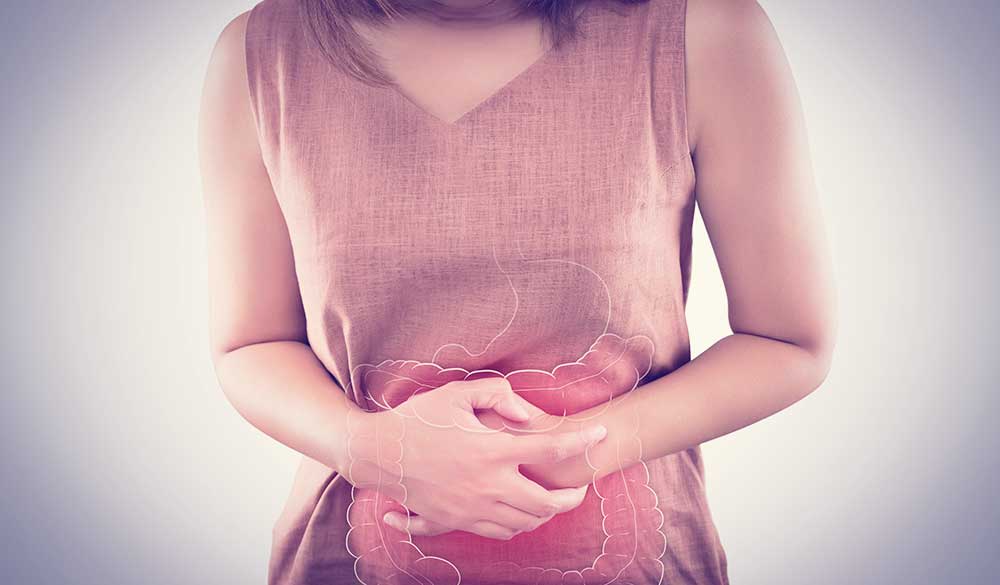Natural constituents of plants can have powerful antimicrobial and antibiofilm effects on potentially pathogenic bacteria, while promoting aggregation and biofilm formation of beneficial probiotic bacteria, according to a recent in vitro study. The study found, along with other health promoting benefits, plant compounds could be very useful for rebalancing the intestinal environment, especially in conditions of bacterial overgrowth.
Researchers utilised non-toxic, generally regarded as safe (GRAS) plant metabolites to test their effects in regulating pathogenic and probiotic bacteria growth, and the formation of biofilm, which is important for bacteria virulence and survival. Listeria innocua, Eschericha coli K92 and Bacillus cereus were used as the potentially pathogenic bacteria, and Lactobacillus spp. and Lactococcus spp. as the probiotic bacteria. The terpenoids, thymol, carvacrol (found in oregano and thyme) and eugenol (found in clove oil), had the highest antibacterial activity at sub-inhibitory levels, and also impeded biofilm formation of the potentially pathogenic bacteria. Additionally, thymol promoted the biofilm formation of all probiotic bacteria tested (except L. paracasei), while carvacrol enhanced the aggregation of L. lactis and L. rhamnosus, and eugenol increased the biofilm formation of L. casei and L. rhamnosus.
This supports previous research, which showed all three terpenoids had antibacterial and antibiofilm activity against pathogenic organisms without inhibiting the growth of probiotic populations. Genistein (from soybean), hydroquinone (from bilberry) and resveratrol (from grapes) had moderate antibacterial activity. While catechin (from green tea), gallic acid (found in grapes and pomegranate), protocatechuic acid (from figwort) and Vaccinium macrocarpon (cranberry) extracts were found fully biologically compatible, meaning they could possibly be used as prebiotic compounds for beneficial bacteria. Catechin, genistein and cranberry extracts did not inhibit the aggregation of the pathogenic organisms but did stimulate the growth of the probiotic biofilm formation. The metabolites from the grapes, figwort and bilberry did not show antibiofilm activity.
The researchers confirmed the ‘potential use of these GRAS natural molecules of plant origin as dietary supplements in the food industry to facilitate probiotic growth; to enhance the antimicrobial and antibiofilm properties of the probiotic spent media; and, accordingly, to prevent or reduce intestinal colonisation by pathogens as well as their proliferation.’
Reference:
- Gutierrez S, Moran A, Martinez-Blanco H, et al. The usefulness of non-toxic plant metabolites in the control of bacterial proliferation. Probiotics Antimicrob Proteins. 2017 Sep;9(3):323-333 [Abstract]
DISCLAIMER:
The information provided on FX Medicine is for educational and informational purposes only. The information provided on this site is not, nor is it intended to be, a substitute for professional advice or care. Please seek the advice of a qualified health care professional in the event something you have read here raises questions or concerns regarding your health.



